Updated March 2024
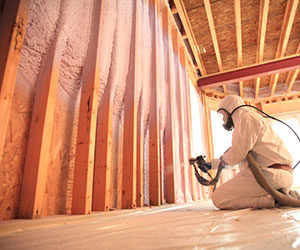
It’s important to note that in the realm of home insulation, the depth of spray foam installation holds the key to both efficiency and comfort, particularly in our diverse Maryland climate zones. The proper thickness of spray foam insulation not only ensures compliance with building codes but also significantly impacts your energy savings.
Let’s delve into the specifics of Maryland’s climate zones, building regulations, and how to determine the ideal foam thickness for your home.
Unlocking Maryland’s Climate Mosaic: Navigating Zone Dynamics for Home Comfort
Let’s start with climate zones and R-values. These are two factors that help determine how thick spray foam insulation needs to be when it’s installed in your home. The U.S. Department of Energy sets recommended insulation levels for each state based on climate zone and the area being insulated (attic, walls, or floors).
Maryland’s varied topography gives rise to two distinct climate zones across the state. The mountainous regions of Western Maryland fall under zone 5, while the remainder of the state lands squarely in zone 4. Within each of Maryland’s climate zones varying amounts of insulation are required, given in R-values, ranging from R-49 to R-60. Understanding these distinctions in R-value is crucial for maximizing insulation effectiveness and energy efficiency.
But what is R-value? It has to do with insulating power. All insulation is rated by R-value which is a rating of thermal resistance. The higher the R-value, the higher the thermal resistance and the greater the insulating power of your insulation. R-value determines how much insulation you need for a comfortable home throughout the year in your climate zone. Warmer climates need a lower R-value of insulation while colder climates require a higher R-value.
Decoding Maryland’s Building Blueprint: Your Guide to Insulation Standards
As you consider installing spray foam insulation, another piece of the puzzle is navigating Maryland’s building codes. These codes are essential for any homeowner looking to optimize their insulation. Maryland adopted the International Energy Conservation Code (IECC) which establishes standards for insulation requirements based on climate zones. However, remember that county and municipal amendments may also apply, necessitating thorough research or consultation with local authorities. Be sure to consult and follow the Maryland Energy Code when installing insulation in your home.
Insulation Precision: Cracking the Code for Optimal Foam Thickness
Determining the ideal thickness of the spray foam insulation you need involves a nuanced consideration of various factors. You know that climate zone-specific average temperatures and recommended R-values play a significant role, alongside local building codes. But additional factors are important too. Your heating and cooling needs, window placements in your home, existing insulation levels, and which type of spray foam insulation you should use are also important considerations.
Mastering the Foam Frontier: Exploring Spray Foam Insulation’s Diverse Types
Remember, before jumping into thickness considerations, it’s essential to understand the two primary types of spray foam insulation that are used: open cell and closed cell. Open cell insulation offers an approximate R-value of 3.5 per inch, providing some moisture permeability and flexibility in application. It’s great for interior walls and attics. In contrast, closed cell insulation is denser and boasts a higher R-value ranging from 5.0 to 7.0 per inch. Closed cell insulation is ideal for areas requiring increased moisture resistance and rigidity, such as basement box sills.
Seal the Deal: Crafting Comfort and Savings with Expert Insulation Guidance

Aligning with industry standards, adhering to building codes, and leveraging expert guidance, allows you to make informed decisions regarding spray foam insulation thickness, ensuring long-term comfort and sustainability. At DeVere Insulation, we are the team to turn to for professional insulation installation. Homeowners and builders throughout Baltimore have trusted us with their insulating needs since 1987. You can rest easy knowing your home is in good hands. Contact us today to learn more about the benefits of spray foam insulation and receive your free estimate.
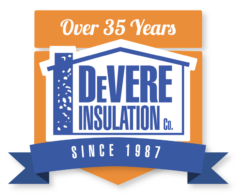
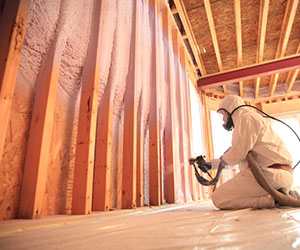
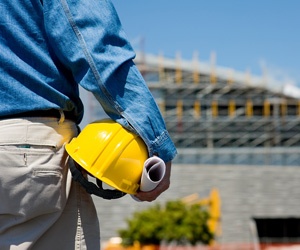
 As a builder or contractor, you may be inclined to consider taking on the job of installing insulation in your building project yourself. Since you frequently tackle pieces of your construction projects on your own, you can handle this one as well, right? Although this may seem both efficient and cost effective, it’s not in the best interest for you or the future homeowner. In this blog post let’s look at three reasons why insulating your home building project independently is not the best choice and why it’s better to leave the job to a professional instead.
As a builder or contractor, you may be inclined to consider taking on the job of installing insulation in your building project yourself. Since you frequently tackle pieces of your construction projects on your own, you can handle this one as well, right? Although this may seem both efficient and cost effective, it’s not in the best interest for you or the future homeowner. In this blog post let’s look at three reasons why insulating your home building project independently is not the best choice and why it’s better to leave the job to a professional instead.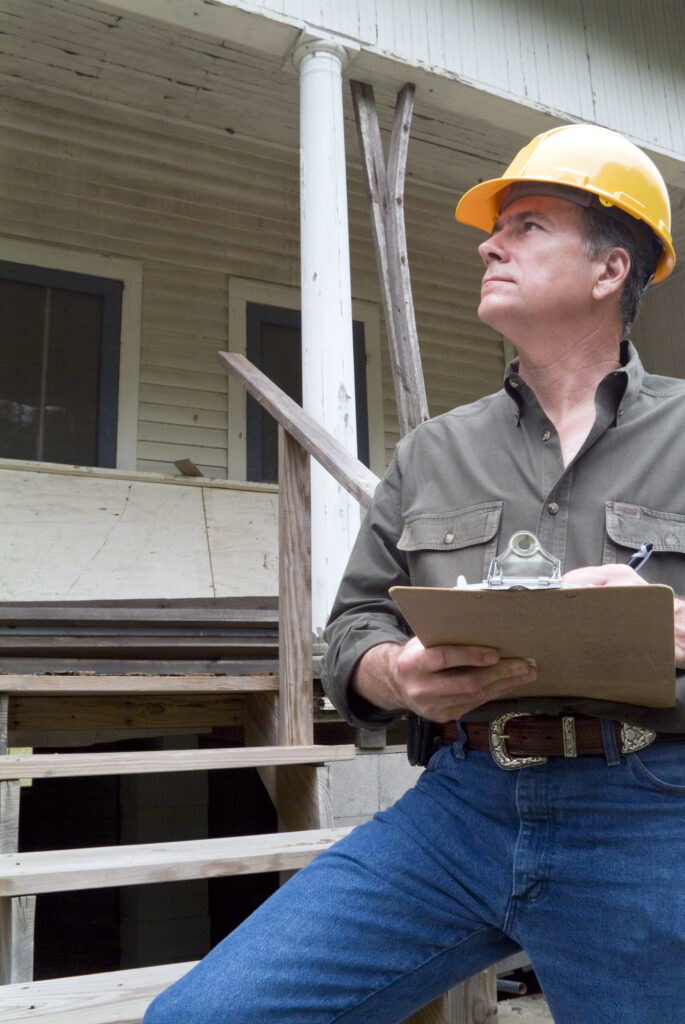 It’s no secret that the average cost of professional installation can be expensive, but the hidden expenses of self-installed insulation can easily create more out-of-pocket costs than you would expect. Professional contractors have all the necessary tools and equipment needed to correctly install insulation in a timely, efficient manner. Chances are you’ll have to purchase or rent the needed equipment for your job. If you purchase and install the wrong insulation, replacement costs stack up quickly. Other costly mistakes to avoid if you attempt to install insulation include increased energy bills and repairs from long-term damage caused by leaks and inadequate insulation levels from incorrectly installed insulation. Long-term damages can include mold, rust, and ice dams that form in and outside the home.
It’s no secret that the average cost of professional installation can be expensive, but the hidden expenses of self-installed insulation can easily create more out-of-pocket costs than you would expect. Professional contractors have all the necessary tools and equipment needed to correctly install insulation in a timely, efficient manner. Chances are you’ll have to purchase or rent the needed equipment for your job. If you purchase and install the wrong insulation, replacement costs stack up quickly. Other costly mistakes to avoid if you attempt to install insulation include increased energy bills and repairs from long-term damage caused by leaks and inadequate insulation levels from incorrectly installed insulation. Long-term damages can include mold, rust, and ice dams that form in and outside the home.